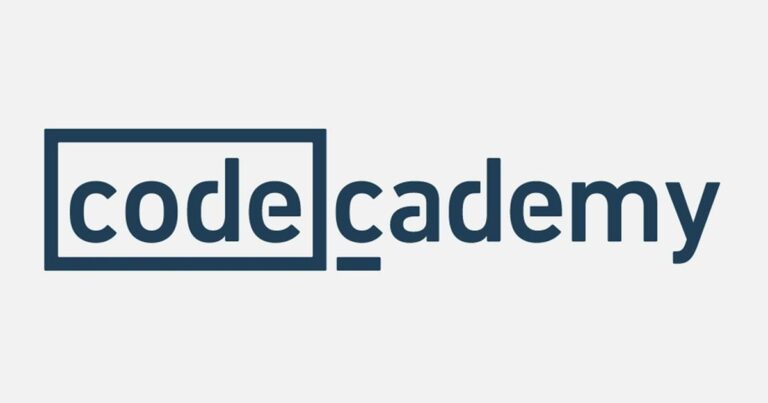Django is a free open-source web application framework written in Python. It is a set of components that optimizes the web-building process. This Python-based framework can cut down the amount of trivial code, thus streamlining the development of web applications and resulting in fast time-to-market. If you consider including Django in your project creation, you should be acquainted with the list of benefits it provides before you partner with a Django development company or hire dedicated in-house developers. Let’s delve into the advantages of the Django framework in more detail.
Good for SEO
Implementing SEO techniques to the Django-powered website is a convenient process. Using the Django SEO framework, developers can efficiently apply search engine optimization techniques using powerful practices and methods. Django offers tools to complete search engine optimization successfully, so tech experts have an utter roadmap to use. Moreover, Django offers an embedded SlugField Model Field that allows developers to generate search engine-friendly strings for further utilization in SEO URL patterns.
Many Libraries
Each programming language or framework delivers a separate kit of libraries that can help handle common tasks. We can describe a library as a set of entirely available programs and packages, commonly stored on disk, to be ready for immediate usage. The library contains readymade code, classes, methods, configuration data, and other expanded tools.
Capabilities of the library enable you to extend the functionality of your program or robotize the development flow, eliminating scripting pieces of code manually. Therefore, you can cut down the number of hours spent on product creation.
Talking about the vast library kit, as a Python-based framework, Django has a lot to offer for software development life cycle optimization.
The REST framework, Django CMS, and Django-allauth are among the most in-demand Django libraries. The key purpose of the REST framework is to design application programming interfaces) while Django CMS is a website content management tool, and Django-allauth is an integrated kit of Django solutions for authentication, registration, account management, and social networks’ account authentication. These libraries come in handy for developers and are great benefits of Django.
High Security
Security is integral when we are talking about web application development. With Django, it will be highly complex to detect safety gaps in your solution. This is especially vital for the user authentication process.
One of the substantial advantages of Django is its stability against the most widely faced security vulnerabilities, such as XSS and CSRF (Cross-Site Request Forgery) attacks, SQL injections, and Clickjacking. The authentication system for users is also pretty solid, allowing sensitive data to be processed securely.
Furthermore, this framework hides the source code of a web solution. Django notifies numerous generic security errors more effectively than PHP. Within the data transferring process, the framework performs automated encryption of all the valuable information with a special security key.
Built-in Admin Panel
Django offers you an in-built admin panel to manage your web product. It is readymade and all set for working with on coding needed. Python-based Django is good for web development since it provides you with everything required for web architecture by default, decreasing the time spent on the project execution. Moreover, with Django, you can edit the admin panel with external wrappers and integrated dashboards customized to your requirements.
In addition, you have a lot of capabilities within admin interface adaptation with Django, thanks to third-party solutions and services. Admin panel from scratch creation is time-consuming and senseless when considering the opportunities of Django.
Scalability
The Django framework is excellent for dealing with raised traffic and workloads. Aside from the other pros of Django, this is the crucial point of why the globally demanded, popular web platforms like Instagram, Pinterest, and Disqus opt for the Django framework usage.
Rapid Development
When designing web apps with Django, you can reach rapid development speed. It’s possible since Django’s MTV Architecture realizes the principle of loosely coupled components. This philosophy refers to the ability to create different components in parallel and complete seamless integration. What’s more, with Django ORM, software engineers can interact with a related database, making the whole web creation process quick and error-free. Thus, it can be called an ideal solution for developers for whom the issue of deadlines is a priority.
Detailed Documentation
Django has extensive and comprehensive documentation for the community. A detailed view of Django principles and assist developers in defining how to perform the required tasks and processes: guidances and tutorials take technicians through a range of steps to create a web application.
Final Thoughts
Django is one of the most solid modern frameworks for web project development. Taking your idea from the validation to the final product deployment takes significantly less time with experienced Django experts. With this framework under the hood, you get excellent web product performance and security which will ensure enhanced client satisfaction and renovate your business.
The fact that Django is freely available makes it possible to noticeably simplify the web development process as the developer can focus on the design process and the development of application functionality. This way, Django is the perfect tool for startups when web design has to reflect the company’s vision and goals.







